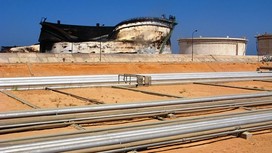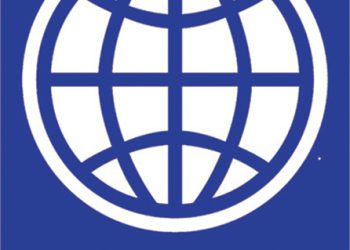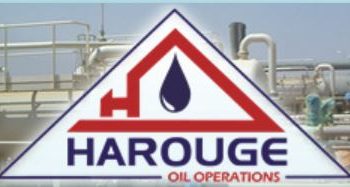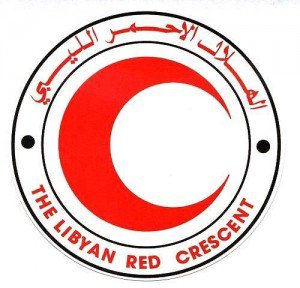By John Hamilton.
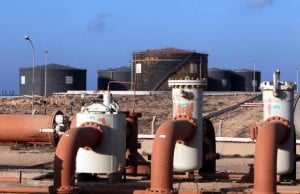
London, 29 September 2014:
Libya’s remarkable increase in oil production over the past month has defied negative commentary on the . . .[restrict]country’s political trajectory. The contest between the weak official government in Tobruk near the Egyptian border and the rival, internationally-unrecognised government in Tripoli’s ministerial buildings threatens to split the country. Yet amidst the anarchy and violence, output has increased steadily over the past two months to reach 900,000 b/d.
There are three potential explanations for this state of affairs. Either Abdullah Al-Thinni’s government has greater control over the country than is apparent, or both he and the putative administration of Omar Al-Hassi and their backers have agreed to keep their hands off National Oil Corporation for the broader Libyan interest. Or else the oil sector’s achievements are an aberration that sooner or later will be undone in a collision with political reality.
It is surprisingly difficult to work out which of these explanations is the right one. It is notable that Prime Minister Thinni declined to appoint an oil and gas minister, leaving control of hydrocarbons assets, infrastructure and international marketing in the hands of NOC chairman Mustafa Sanalla. Hassi, by contrast, appointed Mashallah Zwai as minister. His introductory speech given in the corporation’s Tripoli headquarters has duly been reported on its website. But apart from running NOC in virtual reality, there are as yet few indications that that Zwai can influence much. The international oil market appears positively surprised by the extent to which NOC is still functioning despite this situation.
Its international marketing department has had a difficult task to deal with. Following the reopening of the oil terminals, it initially set the premium for various grades of crude way too high. This was why almost no oil was exported during July. The absence of many Libyan grades from the market, combined with the fact that NOC didn’t sign term contracts with market players at the beginning of the year, made it even harder to find new buyers. To make matters worse, high Libyan risk combined with an oversupply of crude in the Mediterranean basin and from west Africa added to the downward pressure on prices.
In the middle of July, NOC was obliged make an emergency intervention in the market to sharply reduce the premiums. These are normally only changed at the beginning of each month according to a set framework with the market. Soon afterwards exports from Es-Sider and several other terminals restarted and have continued steadily despite the political disruptions. So long as the marketing department, as well as NOC’s various operating subsidiaries and partnerships can function independently, some level of activity can continue.
The other vital institution whose fate is likely to have a decisive impact on these questions is the Central Bank of Libya (CBL), which ultimately controls revenues from exports. The HoR has dismissed the governor Saddek Elkaber, but may face a legal challenge to this decision. While it is hard to envisage the Hassi government establishing strong control over the CBL without some degree of recognition from the international community and the UN, there are other possibilities. One is that Hassi could gain partial control over the central bank via recognition from a mischief-making international player. This is unlikely, as it would be highly dangerous. Any split in control of oil assets and revenues could lead to a de facto split in the country. The terms of the UN Security Council’s most recent resolution on sanctions would also make this very difficult to pull off.
Nevertheless, Hassi could act as a spoiler preventing Thinni from controlling the CBL to the extent that its assets have to be frozen to prevent them being stolen. This wouldn’t immediately stop oil operations as revenues could accumulate offshore even if they couldn’t be remitted to the government. But it would be unsustainable. The status quo could also persist for some time. The HoR’s main hope is that without access to national resources, the ex-GNC and Hassi will fail as his supporters amongst Misratan businessmen realise who holds the economic trumps. However, this implies a retreat by the highly-motivated and well-resourced opposition to HoR rule.
John Hamilton is a director of Cross-border Information, and a contributing editor at ?African Energy
[/restrict]
